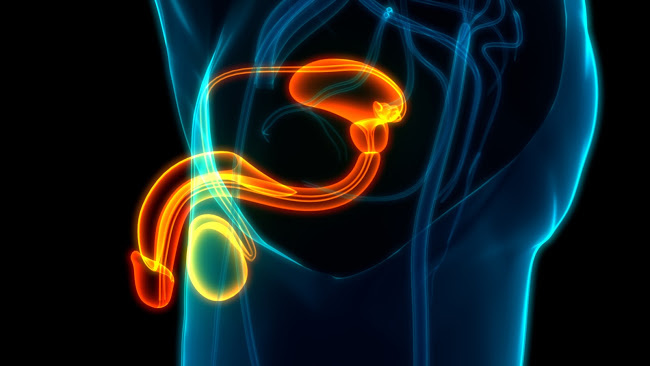
Why might a person have one or both testicles removed?

Located in the scrotum, the testicles (also called the testes) are a pair of glands that produce sperm cells and testosterone, the primary sex hormone and anabolic steroid in males. Testosterone plays a key role in the development of male characteristics. It is involved with sex drive, erections, and sperm production. It also helps build muscle and bone mass.
Surgery to remove one or both testicles is called an orchidectomy or orchiectomy.
Men who have one testicle removed usually don’t experience sexual problems. The remaining testicle will produce enough testosterone to make up for the missing one. Erections and fertility also shouldn’t be affected.
If both testicles are removed, the man’s body will no longer produce testosterone. This may result in decreased sex drive and problems with erections. He will also become infertile, as sperm production will no longer be possible.
A man might have an orchidectomy for the following reasons:
- Testicular cancer. Most men with testicular cancer undergo orchidectomy. Complete removal of the affected testicle(s) can improve the chances of recovery.
- Prostate cancer. The hormone testosterone can spur the growth and spread of prostate cancer cells. Some men with high risk or metastatic prostate cancer choose to have their testicles removed in order to decrease the testosterone level by removing the source. Alternatively, men may take a medication to chemically reduce testosterone.
- Testicular torsion. Each testicle receives blood via the attached spermatic cord. Testicular torsion occurs when the spermatic cord twists, cutting off the blood supply. Testicular torsion is an emergency. If you feel sudden, severe pain in your testicles, see a healthcare provider immediately. If handled quickly, surgery can repair the damaged testicle and restore the blood supply. If the testicle cannot be saved, it may be surgically removed.
- Testicular injury. Because of their location in the scrotum, the testicles are not as well-protected as other organs. As a result, they can be easily injured if there is any trauma to the groin area, such as a stab, kick, or punch. A man with a severe injury may lose the testicle.
- Undescended testicles (cryptorchidism). When a male fetus develops, his testicles are found in the abdominal cavity. In normal circumstances, they move down to the scrotum (“descend”) before he is born. When this does not happen, the boy is said to have undescended testicles. It’s possible for one or both testicles to be undescended. In some cases, the testicles descend on their own before the boy is six months old. If they don’t descend by then, however, surgery may be required to move them into the scrotum. If a testicle is malformed or damaged, removal might be necessary.
- Gender-affirmation. Transgender women (individuals who are biologically male but identify as female) may choose to undergo orchidectomy as part of their gender transition process. Other surgery, such as vaginoplasty (surgical creation of a vagina) may also take place during the transition.
Resources
- American Cancer Society - “Surgery for Testicular Cancer”
(Last revised: May 17, 2018)
https://www.cancer.org/cancer/testicular-cancer/treating/surgery.html
- YourHormones.info (Society for Endocrinology) - “Testes”
(Last reviewed: February 2018)
https://www.yourhormones.info/glands/testes/
- CancerResearchUK.org - “Surgery to remove your testicles (orchidectomy)”
(Last reviewed: June 18, 2019)
https://www.cancerresearchuk.org/about-cancer/prostate-cancer/treatment/surgery/removing-testicles-orchidectomy
- Nemours Foundation - “Undescended Testicles”
(Reviewed: February 2017)
https://kidshealth.org/en/parents/cryptorchidism.html
- Urology Care Foundation - “How Does Gender-Affirming Surgery Impact Someone’s Urologic Health?”
https://www.urologyhealth.org/healthy-living/urologyhealth-extra/magazine-archives/spring-2020/ask-the-experts-how-does-gender-affirming-surgery-impact-someones-urologic-health-x8254
- “Testicular Torsion”
https://www.urologyhealth.org/urologic-conditions/testicular-torsion
- “Testicular Trauma”
https://www.urologyhealth.org/urology-a-z/t/testicular-trauma



